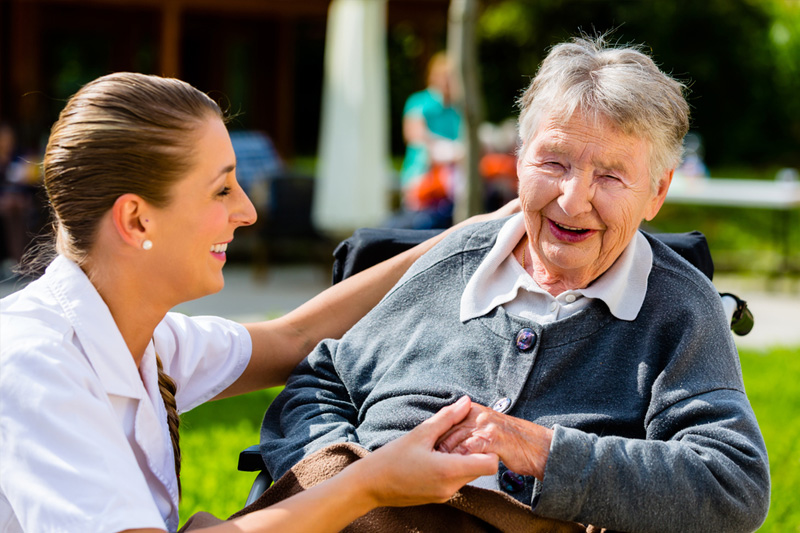Mobile dental services have a lot of challenges and rewards. To enjoy the rewards, you must know how to deal with the challenges. Individualized mobile dental services involve using portable equipment, traveling to patients and completing services in a care facility or their residence. A comprehensive treatment plan should be designed to consider all psychological and medical factors. With mobile dentistry, dental procedures are usually done without the patient leaving his/her residence or workplace.
Obstacles to mobile dentistry
Home-based dental care has three main obstacles and the first one is the failure of the profession to consider alternative models along with their professional, financial, and personal benefits. The second obstacle is that dental schools that don’t educate their students on managing private practices. The third obstacle is that caretakers and patients can fail to comprehend extra costs for dentists.
Financial benefits of mobile dentistry
A dentist in The United States of America can increase his income by offering mobile dental services for elderly. The only major purchases needed for mobile care are sanction and drill, combined compressor, a portable x-ray machine, a computer to interpret radiographs and a portable source of light with magnifying lenses. You can purchase other supplies as needed.
Operating a traditional office can be more expensive because you have to pay rent, schedule your flexibility, have chairs for the visitors to sit on as they wait to be serviced, pay electricity bills and high air conditioning bills.
Rewards when adding mobility to traditional dental clinics
You can offer mobile dental services even when you already have a physical clinic. There are some benefits to adding mobility to a traditional clinic. You can fill in schedules and it is a creative way to promote your practice outside your office. You will also increase your net income since you will serve a wider range of clients.
